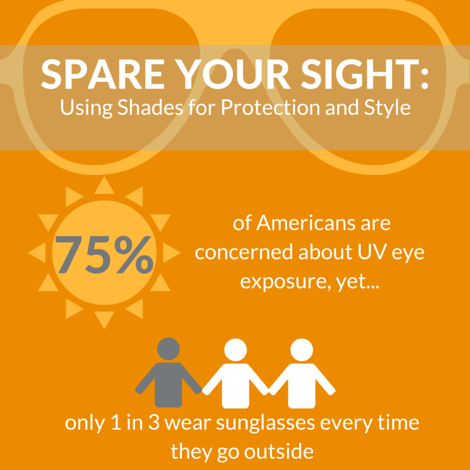For more than a century, New Yorkers have trusted Lighthouse International, a leading non-profit organization dedicated to fighting vision loss. Our services help people prevent—and overcome the challenges of vision impairment.

Here are some important summer safety tips to protect your vision:
- Always protect your eyes from the sun’s invisible harmful rays. Prolonged exposure to the sun without protection can cause cataracts, macular degeneration and a number of other eye problems including sunburn on the surface of the eye and skin cancer around the eyes.
- Select sunglasses that absorb 99-100% of UV-A and UV-B rays and provide 400 UV protection. 400 UV protection means the lenses block damaging UV-A and UV-B light rays with wavelengths up to 400 nanometers. Check the label to be sure!
- UV rays are strongest from 10 a.m.–2 p.m., so avoid exposure during this time of the day and wear sunglasses even in the shade!
- Don’t be deceived by color or cost. The ability to block UV light is not dependent on the darkness of the lens or the price.
- Avoid blue-tinted sunglasses. They may look cool, but blue tint actually emits ultraviolet light, which should be blocked out.
- Opt for wraparound frames or frames that fit closely to your face to prevent rays from entering your eyes from around or above your frames.
- Be extra careful on the beach and water because reflections from the sand and water intensify the sun’s rays. Pavement can also reflect more sun. Acute damage can even occur during a single outing on a very bright day.
- If you add a UV-blocking coating to your eyeglasses it will increase your protection. Ask your ophthalmologist or optometrist.
- Everyone, especially infants and seniors, should also wear wide-brimmed hats when in the sun.
- Ninety percent of a person’s total lifetime damage from UV rays occurs by the age of 18. Children’s eyes are more sensitive than adults. It is NEVER too early to protect your eyes for a lifetime!
All information was obtained from Lighthouse.org.
